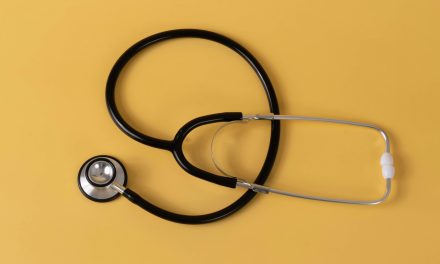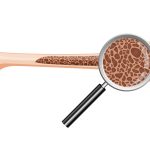Health screening tests are a great opportunity to stay ahead of potential health problems
How often do you get a full doctor check-up? When last did you check your cholesterol levels or have your eyes tested? Many of us tend to ignore necessary health screenings, until a problem arises. One of the keys to good health is being proactive.
Here’s a handy guide of essential health screening tests that you can enquire about at your doctor’s office or a local clinic. Remember: taking care of your health now can pay off later.
Blood pressure measurement
- Blood pressure should be measured at least every two years starting from the age of 18. However, if you have risk factors or a family history of hypertension, or have already been diagnosed with high blood pressure, it’s important to have more frequent check-ups.
Blood cholesterol test
- This test involves providing a blood sample for analysis. It is recommended for people with risk factors or a family history of coronary artery disease. The test screens for high cholesterol levels, which can increase the risk of heart disease and stroke.
Cervical smear test
- This procedure is done to check for precancerous changes or cervical cancer through a sample of cells taken from the cervix. For women aged 25 to 49, cervical screening is generally recommended every three years. For women aged 50 to 64, it’s recommended every five years. After age 65, screening may continue if recent tests were abnormal. This screening helps detect precancerous cell changes caused by high-risk strains of HPV (human papillomavirus), which can lead to cervical cancer if left untreated. Many countries have switched from the traditional Pap smear to an HPV test as the primary screening method, but both are used to detect cervical abnormalities.
Mammogram
Breast cancer affects millions of women worldwide, but early detection can do a lot to improve treatment outcomes.
Mammograms are specialised X-rays of the breast that can detect abnormal growths, such as tumours or calcifications, before they can be felt during self-examinations.
Regular mammograms can help detect breast cancer at an early stage when it is highly treatable. Women aged 40 and older are generally advised to have a mammogram every one to two years, depending on their risk factors and the advice of their doctor.

Bone density test
Osteoporosis, which causes bones to become weak and fragile, is more common in women as they get older. To check your bone health, a bone density test (or DEXA scan) is a quick and painless test that measures how strong your bones are. It can show if you have osteoporosis or might get it in the future. Women are usually advised to start this test around age 65. However, if you have certain risk factors, like a family history of osteoporosis, being underweight, or going through menopause early, you may need the test earlier.
Eye tests
- Regular eye tests are important to check your vision and overall eye health. These exams help find issues like nearsightedness, farsightedness or astigmatism, and can also spot early signs of more serious conditions like glaucoma or cataracts. Most adults should get an eye test every two years, but if you have risk factors like diabetes or a family history of eye disease, you may need to go more often. Keeping up with eye exams can help protect your vision as you age and ensure any problems are caught early.
Remember the golden rule: prevention is better than cure. Do your best to stay on schedule with regular screenings and tests. It’s the simplest way to be proactive about your health in the long run. Please always visit a doctor if you have any persistently concerning symptoms.
Images: Pexels





















